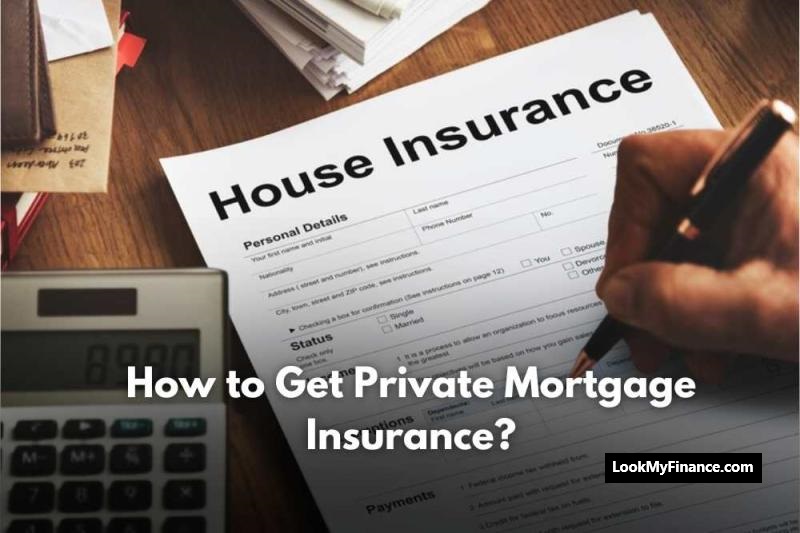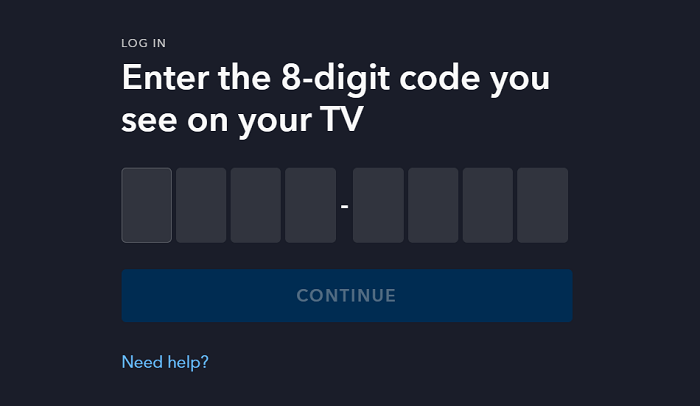When it comes to buying a home, the dream often feels closer than ever when you secure financing. However, one obstacle many prospective homeowners face is the down payment. This is where private mortgage insurance (PMI) comes into play. In this comprehensive guide, we will dive into every aspect of private mortgage insurance and how you can learn more at https://realestatejot.info/how-to-get-private-mortgage-insurance/.
Table of Contents
ToggleWhat is Private Mortgage Insurance?
Private mortgage insurance, commonly referred to as PMI, is a policy that protects the lender in case the borrower defaults on their loan. It is usually required for homebuyers who put down less than 20% of the home’s purchase price. Understanding PMI is essential for anyone looking to achieve homeownership without a substantial down payment. You can learn more about the ins and outs of PMI at https://realestatejot.info/how-to-get-private-mortgage-insurance/.
PMI acts as a safety net for lenders, enabling them to offer loans with lower down payments. For buyers, it’s a trade-off: you can secure a home loan sooner, but you’ll pay an additional monthly fee for the insurance. For a deeper dive, visit https://realestatejot.info/how-to-get-private-mortgage-insurance/ and explore expert insights on this crucial aspect of home financing.
Why is PMI Necessary?
The necessity of PMI stems from the increased risk lenders take when approving loans with smaller down payments. Lenders require PMI to offset potential losses. For borrowers, PMI offers a pathway to homeownership without waiting years to save for a 20% down payment. To better understand its importance, visit https://realestatejot.info/how-to-get-private-mortgage-insurance/.
Imagine you’re eager to buy your dream home but can only afford a 10% down payment. Without PMI, you might struggle to secure a loan. PMI bridges this gap, ensuring you can move into your new home sooner. For those looking for an in-depth explanation, check out https://realestatejot.info/how-to-get-private-mortgage-insurance/.
Related Article
How to Qualify for Private Mortgage Insurance
Qualifying for PMI is relatively straightforward. The primary requirement is a down payment of less than 20%. However, lenders also assess your credit score, debt-to-income (DTI) ratio, and the loan-to-value (LTV) ratio. These factors determine whether you’re eligible for PMI and influence the cost. For more detailed information, visit https://realestatejot.info/how-to-get-private-mortgage-insurance/.
Maintaining a healthy credit score is vital. A higher credit score often results in lower PMI premiums. Similarly, keeping your DTI ratio below 43% can improve your chances of approval. To explore tips on meeting these qualifications, head to https://realestatejot.info/how-to-get-private-mortgage-insurance/.
Types of Private Mortgage Insurance
There are several types of PMI, each tailored to different financial situations. The most common types include:
- Borrower-Paid Mortgage Insurance (BPMI): Paid monthly until you reach 20% equity.
- Single-Premium Mortgage Insurance (SPMI): Paid upfront as a one-time cost.
- Lender-Paid Mortgage Insurance (LPMI): Built into your loan’s interest rate.
- Split-Premium Mortgage Insurance: A combination of upfront and monthly payments.
To determine which type suits your needs, visit https://realestatejot.info/how-to-get-private-mortgage-insurance/ for expert guidance and insights.
Each option has pros and cons. For instance, BPMI is flexible but increases monthly expenses, while SPMI eliminates monthly payments but requires a larger upfront payment. For personalized advice, explore https://realestatejot.info/how-to-get-private-mortgage-insurance/.
How Much Does PMI Cost?
The cost of PMI depends on several factors, including:
- Your down payment amount
- Credit score
- Loan amount
- Type of PMI
Typically, PMI costs range from 0.3% to 1.5% of the original loan amount annually. For example, on a $250,000 loan, PMI might cost between $750 and $3,750 per year. For a more accurate estimate based on your specific circumstances, visit https://realestatejot.info/how-to-get-private-mortgage-insurance/.
Understanding these costs helps you plan your budget effectively. Learn more about calculating PMI expenses at https://realestatejot.info/how-to-get-private-mortgage-insurance/.
Can You Avoid PMI?
Avoiding PMI is possible by exploring several strategies, such as:
- Making a 20% Down Payment: The most straightforward way to bypass PMI.
- Piggyback Loans: A second loan that covers part of your down payment.
- Lender-Paid PMI: While avoiding monthly payments, it may increase your interest rate.
- VA Loans: Available to eligible veterans, these loans often don’t require PMI.
To explore these options further, visit https://realestatejot.info/how-to-get-private-mortgage-insurance/. By understanding your options, you can make informed decisions that align with your financial goals.
How to Get Private Mortgage Insurance Removed
PMI isn’t permanent. Once you reach 20% equity in your home, you can request its removal. Here’s how:
- Request a PMI Cancellation: Contact your lender once your equity reaches 20%.
- Automatic Termination: Lenders are required to cancel PMI once your equity hits 22%.
- Refinancing Your Loan: A new loan with better terms might eliminate the need for PMI.
For a step-by-step guide, visit https://realestatejot.info/how-to-get-private-mortgage-insurance/. This resource provides clear instructions to help you save money.
Related Article
FAQs Related to Private Mortgage Insurance
- What is the difference between private mortgage insurance and homeowners insurance?
Private mortgage insurance protects the lender, while homeowners insurance protects the homeowner’s property. - Does PMI apply to FHA loans?
No, FHA loans have their own mortgage insurance premium (MIP), which differs from PMI. - Can self-employed individuals get PMI?
Yes, but they must provide comprehensive financial documentation to qualify. - Is PMI tax-deductible?
PMI may be tax-deductible, but it depends on current tax laws and your income level. - Does PMI cover loan defaults?
Yes, PMI compensates the lender if the borrower defaults on the loan. - Can you negotiate PMI rates?
PMI rates are generally fixed by lenders but can vary based on your creditworthiness. - What happens to PMI if I sell my home?
PMI is canceled when the loan is paid off during the sale of the property. - Does PMI apply to investment properties?
PMI typically applies to owner-occupied properties, not investment properties. - Can PMI be transferred to a new loan?
No, PMI is tied to the original loan and does not transfer. - Are there alternatives to PMI?
Alternatives include higher down payments or using lender-paid mortgage insurance. - How does PMI impact loan approval?
PMI improves loan approval chances by reducing lender risk. - Does PMI affect interest rates?
PMI itself does not impact interest rates but adds an additional cost to monthly payments. - What’s the difference between PMI and mortgage protection insurance?
PMI protects the lender, while mortgage protection insurance protects the borrower’s family. - How long does PMI last?
PMI lasts until the borrower reaches 20% equity or meets other cancellation criteria. - What is split-premium PMI?
Split-premium PMI combines upfront payments with smaller monthly premiums. - Can PMI be canceled early?
Yes, through prepayments or home value appreciation that increases equity. - Does refinancing eliminate PMI?
Refinancing can eliminate PMI if the new loan balance is below 80% of the home’s value. - What are piggyback loans?
These are second loans used to avoid PMI by covering part of the down payment. - How does PMI differ across lenders?
PMI costs and requirements vary, so shopping around is essential. - Is PMI a one-time payment?
Most PMI is paid monthly, but some options allow for a single upfront payment.
Final Thoughts on PMI
Private mortgage insurance plays a crucial role in making homeownership accessible. While it adds to your monthly costs, it enables you to secure a loan with a lower down payment. For anyone looking to understand PMI comprehensively, visit https://realestatejot.info/how-to-get-private-mortgage-insurance/.
Remember, PMI isn’t forever. With careful planning and strategic financial decisions, you can minimize its impact and eventually eliminate it altogether. For more insights and expert advice, don’t hesitate to explore https://realestatejot.info/how-to-get-private-mortgage-insurance/.
By leveraging the information available at https://realestatejot.info/how-to-get-private-mortgage-insurance/, you can confidently navigate the path to homeownership while making informed decisions about private mortgage insurance.
Get expert tips and financial guidance at LookMyFinance.com.






